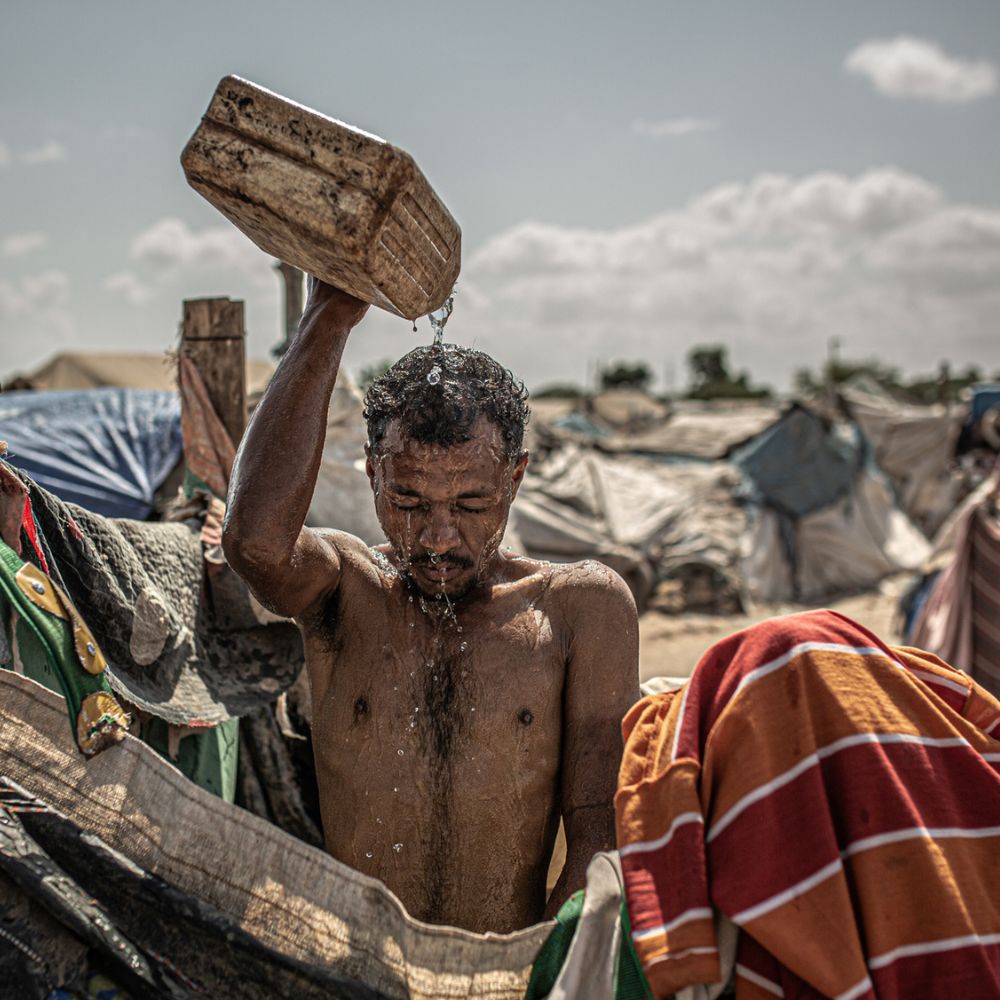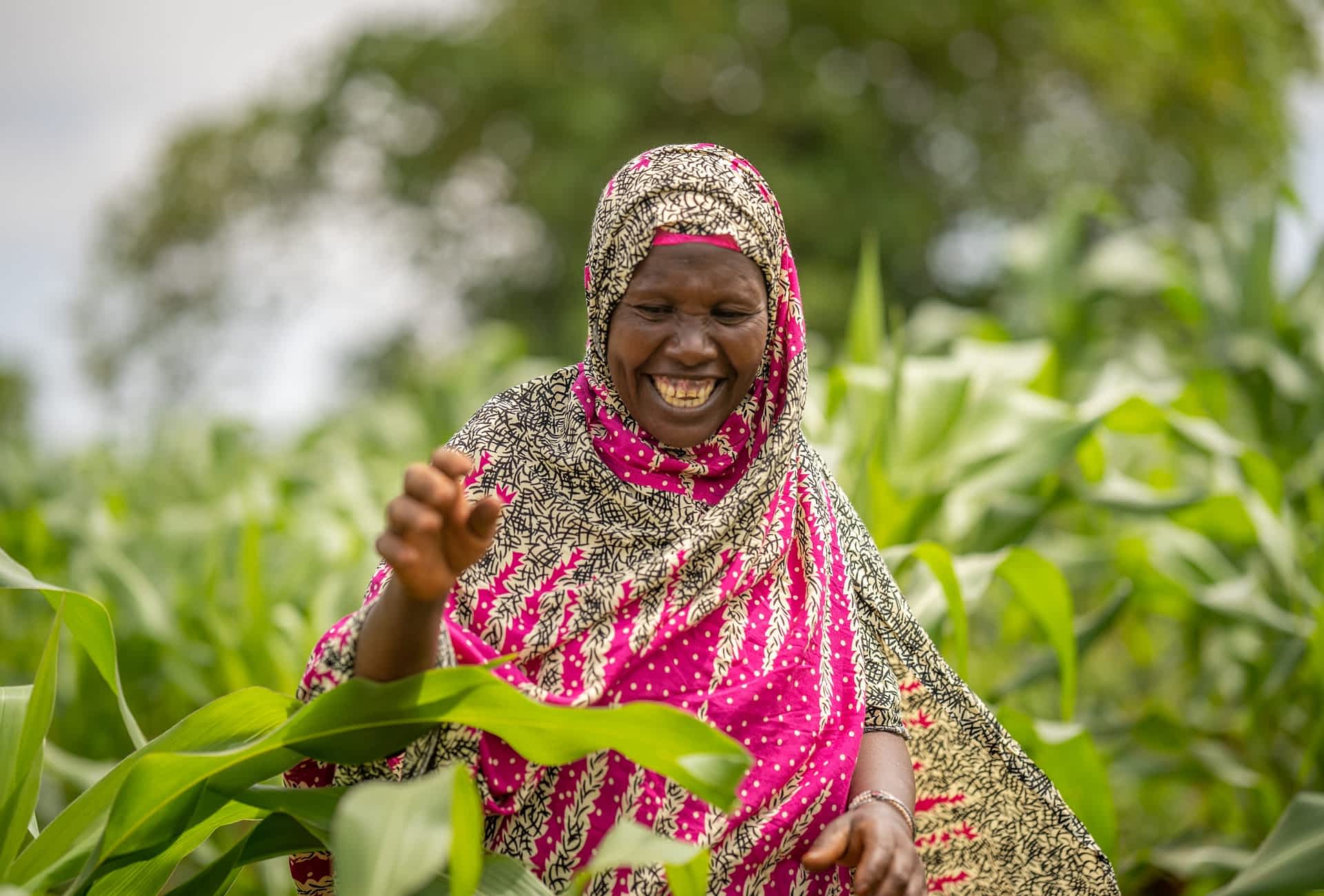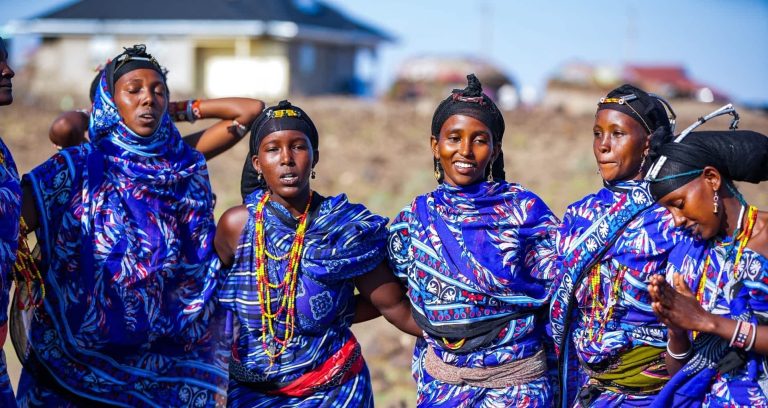
Partners & Donors
Oxfam Denmark’s engagement and work rely on collaboration with partners and financial support from institutional donors, private foundations, and businesses.
Oxfam Denmark is part of a global movement fighting inequality. In partnership with civil society organizations, public authorities, and private actors, we work toward sustainable development for marginalized and vulnerable groups.
Partnerships & Donors
Oxfam Denmark is part of a global movement of people working together to end the injustice of poverty. We believe that lasting change happens when we stand united as individuals, organizations, and companies alike. By combining our strengths, we can challenge the structures that uphold inequality and create a more just and sustainable world.
We are always seeking new partnerships with those who share our vision of a future free from poverty, inequality, and injustice. Whether through financial support, strategic collaboration, or shared advocacy, your involvement can help transform lives and communities across the globe.
Our work is made possible through strong alliances. We rely on partnerships with institutional donors, private foundations, and responsible companies to drive progress and deliver results where they are needed most.
Read about our partnerships and donors
On this page, you can learn more about Oxfam Denmark’s partnerships and collaborations with donors on various projects around the world.
You’ll also find information on how your company or organization can support Oxfam Denmark, whether it be through strategic collaborations or by becoming an Oxfam Emergency Response Partner.
Many of Oxfam Denmark’s projects are also supported by a number of foundations, which you can read more about on this page.
Our strategic partners
Through strategic partnerships and shared value creation, we can work together for a more just world.
Here you can learn more about our strategic partners.
Businesses and Partnerships – Stronger Together
At Oxfam Denmark, we collaborate with companies that want to make a difference in reducing global inequality. Together, we stand up for the right to quality education for all, a fairer distribution of the world’s wealth, and a more climate-just and sustainable development. We also respond with humanitarian aid to those affected by natural disasters and conflict.
Our corporate partnerships are rooted in the belief that everyone has the right to a life free from poverty and injustice.
When your company partners with Oxfam Denmark, you contribute to creating a positive impact on the world you operate in. We believe that meaningful change happens through collaboration – let’s stand together in the fight for a better and more just world.
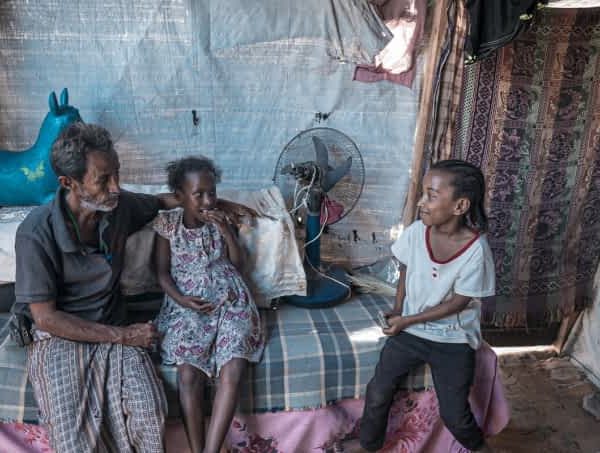
Strengthened Resilience Among Vulnerable Women and Youth in Yemen
This project, supported by the Novo Nordisk Foundation, focuses on internally displaced people and host communities in the Al Ma’afer and Ash Shamayatayn districts in southwestern Yemen, where the lack of jobs and food is particularly severe.
Become a Partner
Are you interested in collaborating with us? We’d love to hear from you for a no-obligation conversation about how we can work together to lift people out of poverty and create a fairer, more equal world – while also generating value for your company.
Our corporate and institutional fundraisers are ready to help tailor a partnership that fits your specific needs.
- Contact Pia if your inquiry concerns a strategic partnership or a foundation collaboration.
- Contact Julie if your inquiry concerns a corporate partnership.
Pia Dyrhagen
Interim International Programme Director
International Programme
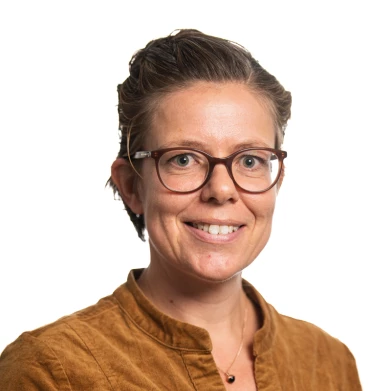
Kontakt
Julie Ovadia Flensborg
Project Manager, Fundraising & Partnerships
Communication & Fundraising
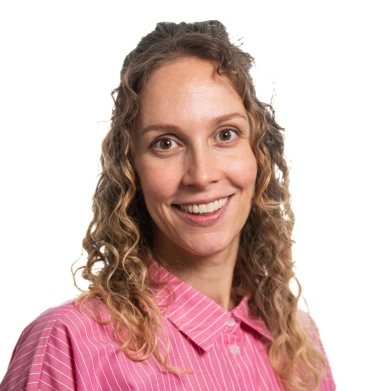
Emergency Response Partner
Your support can save lives in humanitarian crises
As an Emergency Response Partner with Oxfam Denmark, you help people in urgent need by providing essentials such as clean water and food. Oxfam is one of the world’s largest humanitarian organizations, known for its rapid response with hygiene and sanitation kits, clean water, and emergency shelter when disaster strikes.
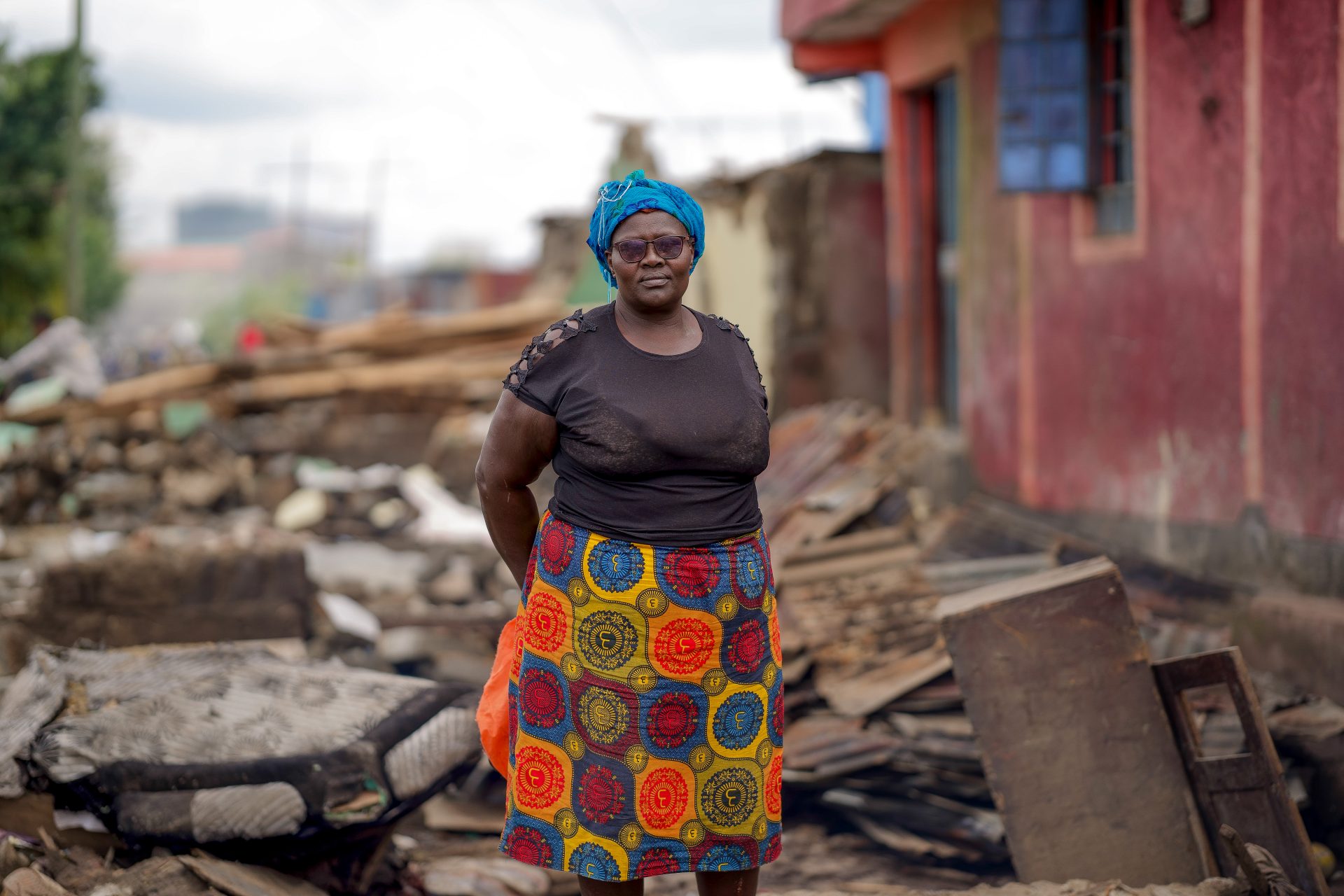
Photo: Joy Obuya/Oxfam
In our humanitarian work, we focus particularly on strengthening the connection between emergency relief, long-term development, and efforts to build lasting peace in conflict-affected areas.
If you wish to become an Emergency Response Partner, simply get in touch with Julie Ovadia Flensborg, who will help you get started.
Collaboration with Foundations
Oxfam Denmark regularly carries out projects with support from a number of major and minor Danish foundations. Among the foundations that support the fight for a better world are the Novo Nordisk Foundation, the Hempel Foundation, and Education Out Loud.
Novo Nordisk Foundation
The Novo Nordisk Foundation supports projects aimed at creating stronger links between immediate emergency relief and long-term efforts in areas affected by humanitarian crises.
There is a growing need to bridge short-term emergency response with initiatives that can, over time, strengthen local communities’ resilience to crises and disasters.
That is why the foundation provides funding for projects that both address urgent needs and contribute to sustainable development in some of the world’s most vulnerable regions. The funds are distributed among nine different organizations and research institutions working in countries such as Mali, Yemen, the Democratic Republic of Congo, Uganda, South Sudan, Jordan, Iraq, and Syria.
Read about the project Improving the Livelihoods and Resilience for Conflict-affected and Vulnerable Women and Youth in Yemen, supported by Novo Nordisk Fonden.
The Hempel Foundation
The Hempel Foundation is a commercial Danish foundation with activities in both Denmark and internationally.
As the majority owner of the Hempel Group, the foundation helps ensure a strong financial foundation for Hempel A/S while also driving philanthropic efforts focused on education and biodiversity across large parts of the world.
The Hempel Foundation supports initiatives that create positive change through social efforts aimed at strengthening communities and promoting the well-being of children and young people.
Read about how The Hempel Foundation and Oxfam Danmark helps children to quality education
Education Out Loud
Education Out Loud is the Global Partnership for Education’s fund for advocacy and social accountability.
The foundation supports the active and meaningful participation of civil society in shaping education policy so that it better reflects and addresses the needs of local communities.
Læs mere om Education Out Loud
Other Foundations
A number of Danish foundations support Oxfam Denmark in our efforts to create a more just and equal future.
Thank you for your support:
- Asta og Jul. P. Justesens Fond
- Axel Muusfeldt Fond
- Dagmar Andreasens Fond
- Enid Ingemans Fond
- Ernst og Vibeke Husmans Fond
- Fonden af 24 December 2008
- Martha og Paul Kerrn-Jespersens Fond
- Rørkær Fonden
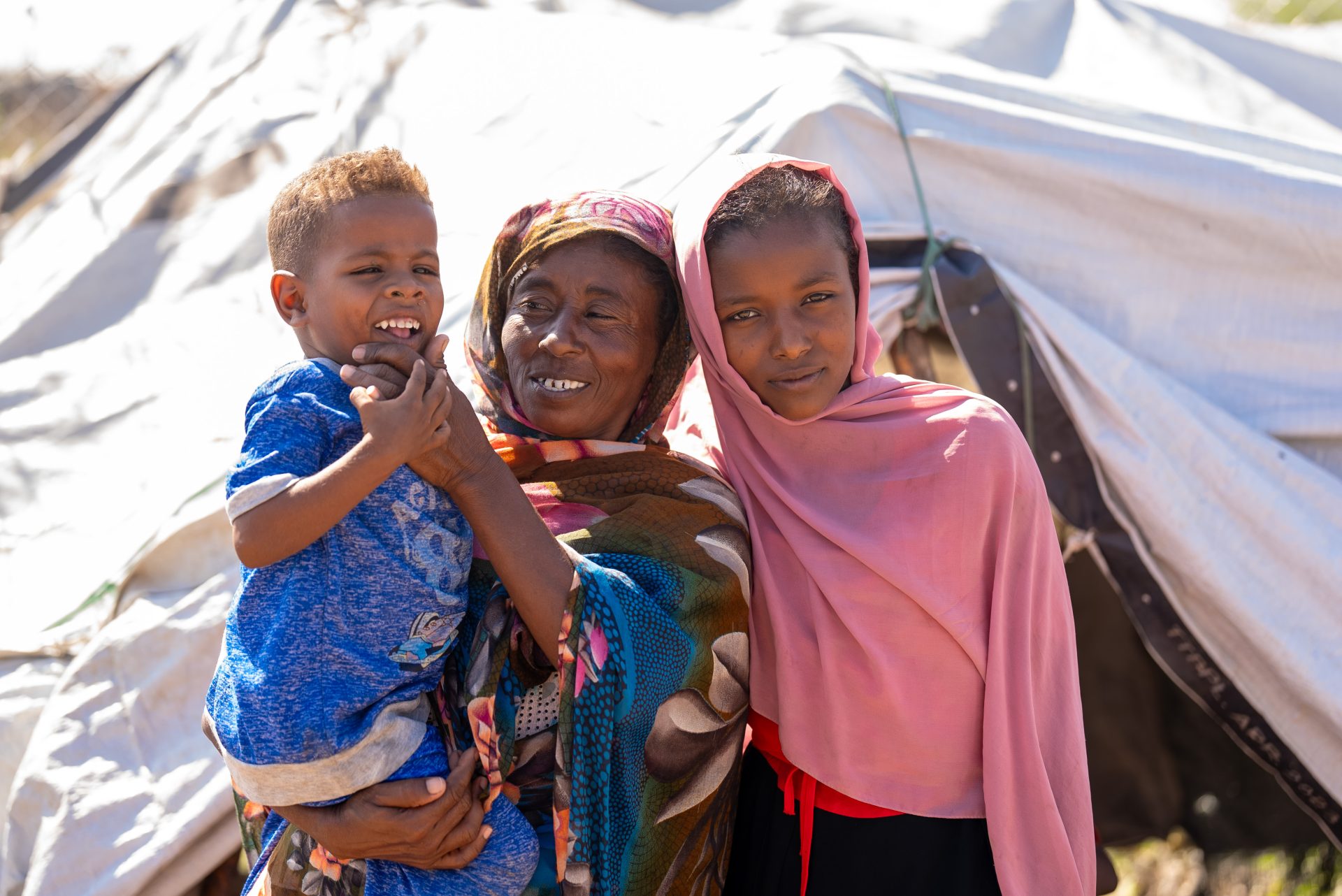
Photo: Herison Philip Osfaldo/Oxfam
